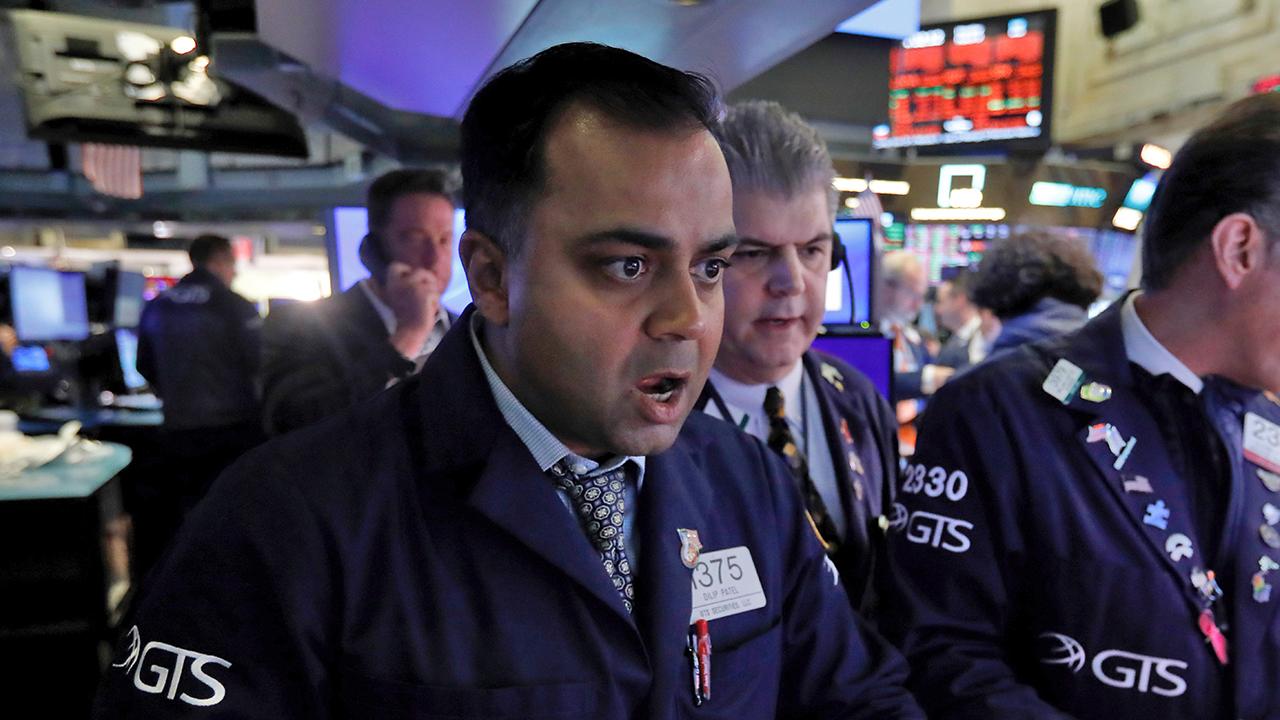Saudi Aramco boosts oil production capacity amid price war with Russia
Conflict may last until prices drop enough to force Moscow and Riyadh to compromise
DUBAI, United Arab Emirates — Saudi Arabia's oil company Aramco said Wednesday it will increase production capacity to 13 million barrels per day, up from 12 million per day, part of a strategy to dominate market share amid a slowdown in demand due to the outbreak of a new virus.
The majority state-owned company's announcement, made on the Saudi Tadawul stock exchange, did not say when that capacity increase would happen. Aramco said the decision was a directive from the Saudi Energy Ministry. The kingdom's energy policy is largely directed by Crown Prince Mohammed bin Salman and the country's Energy Minister Prince Abdulaziz bin Salman. The two are half-brothers and sons of the king.
GET FOX BUSINESS ON THE GO BY CLICKING HERE
Saudi Arabia has been producing around 9.8 million barrels per day, carrying the bulk of cuts that were agreed upon by OPEC members and other major oil producers, namely Russia, to stave off an oversupply in the market that would further push prices down.
Over the weekend, the kingdom's strategy dramatically pivoted when Russia refused to cooperate on further and deeper production cuts.
Aramco now says it will increase its crude oil production to 12.3 million barrels a day starting in April. That's 300,000 barrels per day more than Aramco's current maximum sustained capacity.
By increasing output and production, and slashing its official selling prices to Asia, analysts say it appears Saudi Arabia is now looking to dominate market share since it was unable to secure market price.
SAUDI ARAMCO PUMPS OUT MORE OIL AMID PRICE WAR WITH RUSSIA
The moves led to a 25 percent plunge in the price of crude on Monday, the sharpest decline seen since the 1991 Gulf War. The price of international benchmark Brent crude recovered some on Tuesday and was trading around $37 a barrel on Wednesday.
“The most likely outcome of this crisis is entrenchment into a painful process that lasts several weeks or months, until prices are low enough to change fundamental views in Moscow and Riyadh back to some form of compromise,” according to political risk consulting firm Eurasia Group.
Eurasia Group said that the price war will, meanwhile, exert pressure on U.S. crude exports, which recently hit a record 4 million barrels per day, because they will struggle to get their cargoes to clients at profit.




















